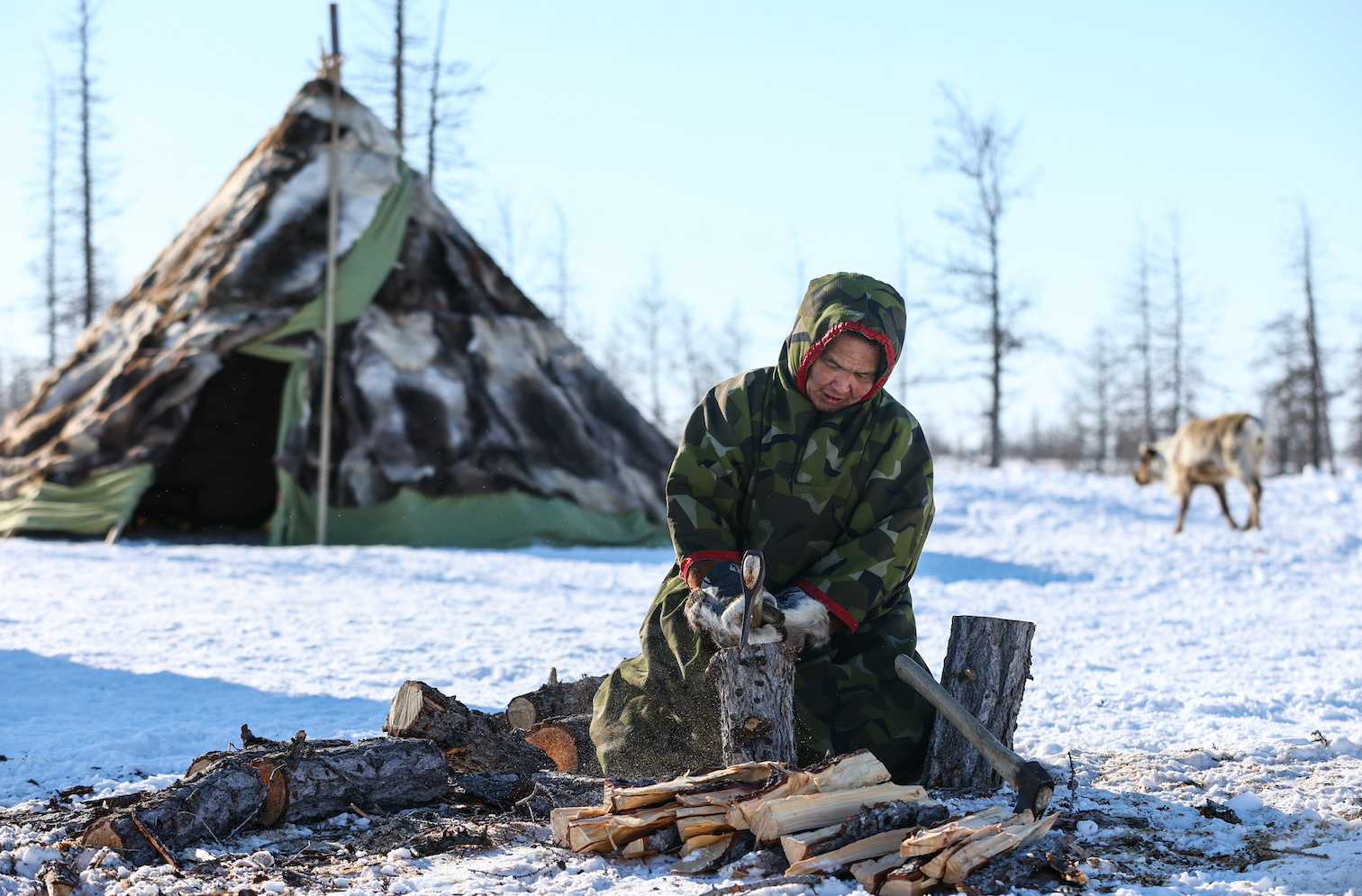ID :
625453
Tue, 03/22/2022 - 12:44
Auther :
Shortlink :
https://oananews.org//node/625453
The shortlink copeid
Russia calls for integration of projects to preserve Arctic indigenous languages

ST. PETERSBURG, March 21. /TASS/. The unification and integration of projects to preserve the culture and languages of the North’s low-numbered indigenous peoples will favor effective work on the problems the Arctic regions face in the new economic reality, the Russian Foreign Ministry’s ambassador-at-large and senior Arctic officials chair at the Arctic Council, Nikolay Korchunov said during an international seminar on preservation and promotion of the North’s low-numbered indigenous peoples’ languages, which was organized in St. Petersburg.
"This way, we will save resources and will have the necessary synergy under the conditions, where the Arctic Council may face certain problems in addressing and promoting certain important issues [due to the West’s new sanctions]. The most important recommendation is to see, to find truly optimal and effective ways to move forward in collaboration, in complimentary efforts, integration of the existing initiatives, which have been financed," he said.
By uniting similar projects, which have been initiated by various non-governmental organizations, universities, public figures, the council will focus efforts on certain directions to make the projects more effective, he added.
"To us, the problem of the indigenous peoples is a priority, it remains regardless of the international cooperation’s rate," he said. "We, anyway, are open to a dialogue; this is our suggestion and our position."
The Russian Foreign Ministry would offer every support for this direction, he stressed.
Mutual use of digital technologies
East Russia’s Managing Director and a member of the Public Council at the Ministry for Development of the Far East and Arctic Leonid Agafonov told TASS IT projects would be effective in collaboration. "We realize, not every city has got competences, and thus it is important that people get united in teams," he said. Another benefit of working in collaboration could be in commercial projects, which are autonomous and market-focused.
Yakutia’s Deputy Minister for Development of the Arctic and for Affairs of the North’s Peoples, the Russian government’s envoy to the Arctic Council on indigenous peoples and regional cooperation, Mikhail Pogodayev stressed it would be most valuable to unite the projects to use digital technologies to register museum objects and to make pictures of the indigenous peoples’ representatives. "In my opinion, we must have a managing council to accumulate the projects," he said. "This work must be done at the federal level."
Such a council could make a registrar of the projects to help the projects’ authors to find supporters, unite efforts and receive bigger financial support, since the number of projects would be lower, but their qualities and scales would be higher, he added.
Implemented ideas
The seminar participants learned about a few ready projects, aimed at preservation of the culture and languages of the North’s low-numbered indigenous peoples. For example, the Ayana offline platform - an engine to translate from Russian into Evenk without the Internet connection. The project’s designers had visited a few Evenk regions and consulted with the native speakers, the application’s author Nikolay Aprosimov told TASS.
The platform uses the Ayana voice translation program, which was presented in 2021. "The Ayana translation program was working fine, but there were certain problems with the phonetics and semantics, and the application did not allow editing translations," he said. "Ayana offline continues this project, the translation process does not require the Internet, and it has optional editing tools. The platform offers simultaneous translation into four Evenk dialects."
Ayana offline can integrate games, podcasts and video. The platform soon will become a part of the Ayana platform, and it will be available on Android and iOS systems.
Digital technologies will be used in teaching the Arctic languages. At the seminar, the Northern Arctic Federal University (NAFU) presented a project to train teachers of Nenets.
"The idea is as follows: teachers within a year will be trained to use digital instruments, which will help teachers of Nenets at schools with very few students to use all advantages of digital technologies," one of the project authors, Head of the University’s Translation and Applied Linguistics Department Alexander Polikarpov told TASS. "We plan to begin the first year-long course in February, 2023."
Presently, the project authors consider the financial aspect. "In my opinion, it must be a national training system for the teachers, who want to teach languages of this country," he said, stressing this task requires united effort of many involved specialists.
Read more





